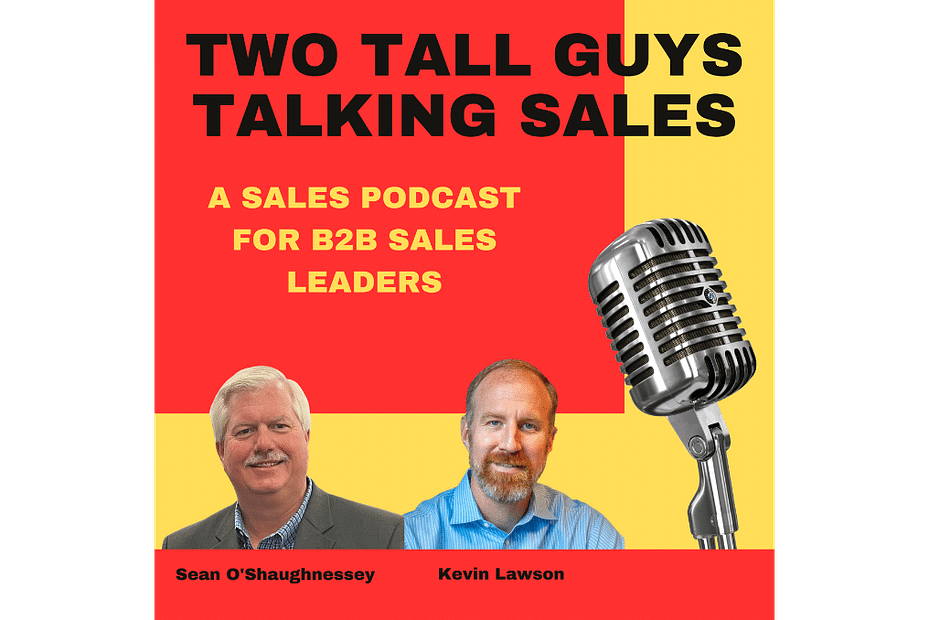Two Tall Guys Talking Sales – Why Consistent Sales Strategies Win: Forecasting, Messaging, and Revenue Management – Episode 151
In this episode of Two Tall Guys Talking Sales, hosts Kevin Lawson and Sean O’Shaughnessey delve into the crucial role of deal qualification in driving sales success. From simple frameworks like BANT to advanced methodologies such as MEDDIC and MEDDPICCC, Kevin and Sean explain how consistent sales processes, value selling, and business acumen can sharpen forecasting, strengthen messaging, and ultimately accelerate revenue generation. Whether you’re managing a sales team or selling solo, this discussion will… Two Tall Guys Talking Sales – Why Consistent Sales Strategies Win: Forecasting, Messaging, and Revenue Management – Episode 151

